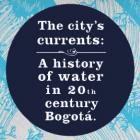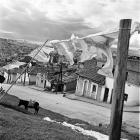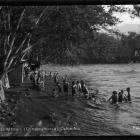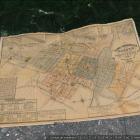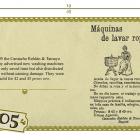"Agriculture, Health, Environment: Interview with Piero Bevilacqua," interview by Idamaria Fusco
The interview with Piero Bevilacqua touches on a broad range of subjects: From the use of pesticides to the “Green Revolution”; from GMOs to biodynamic and biological agriculture, and the respect of biodiversity; from modern farming’s wasteful use of water to Common Agricultural Policy with its nonsustainable exploitation of farmland.








